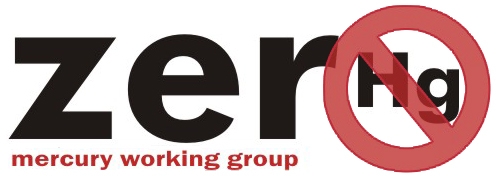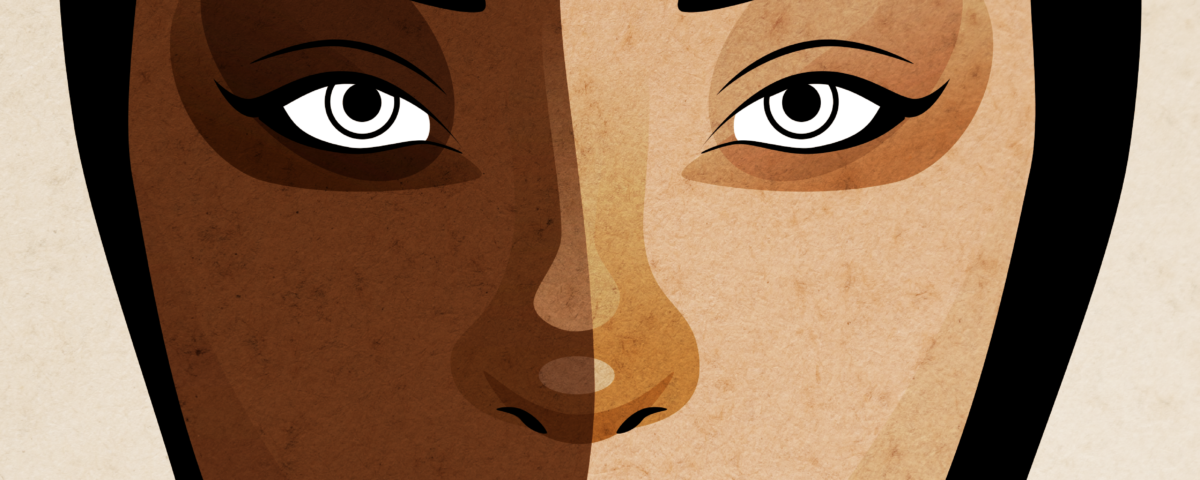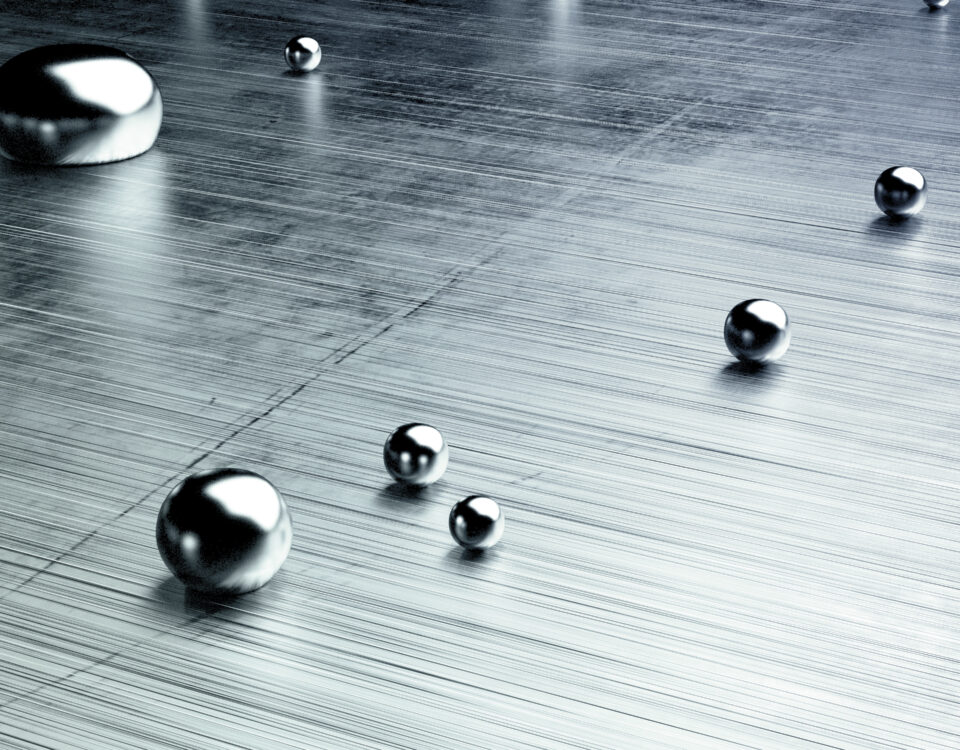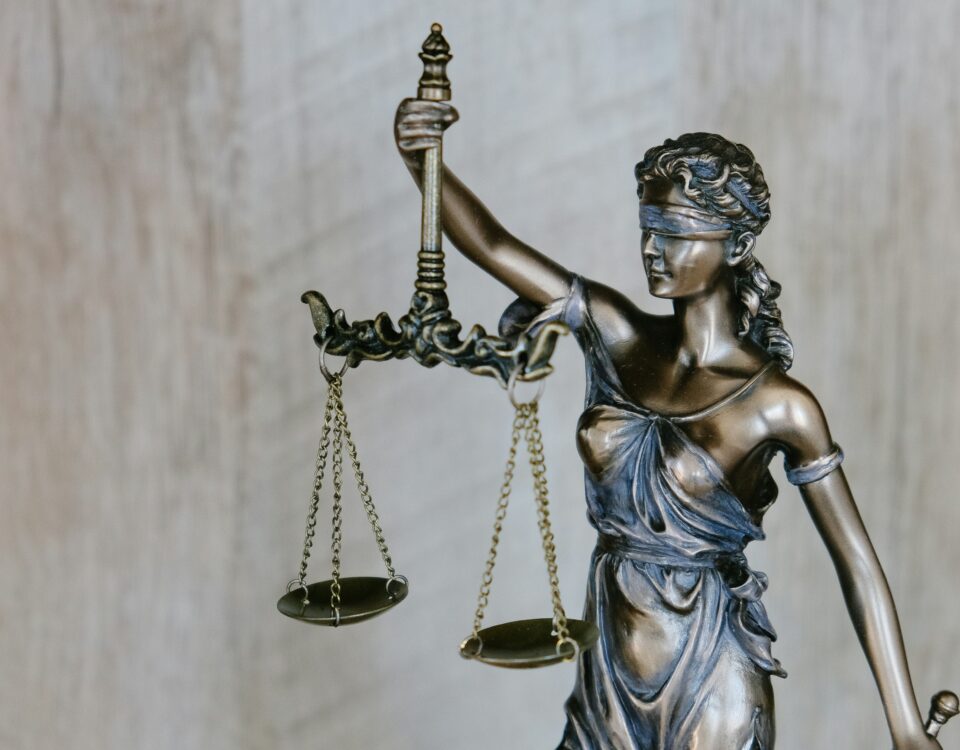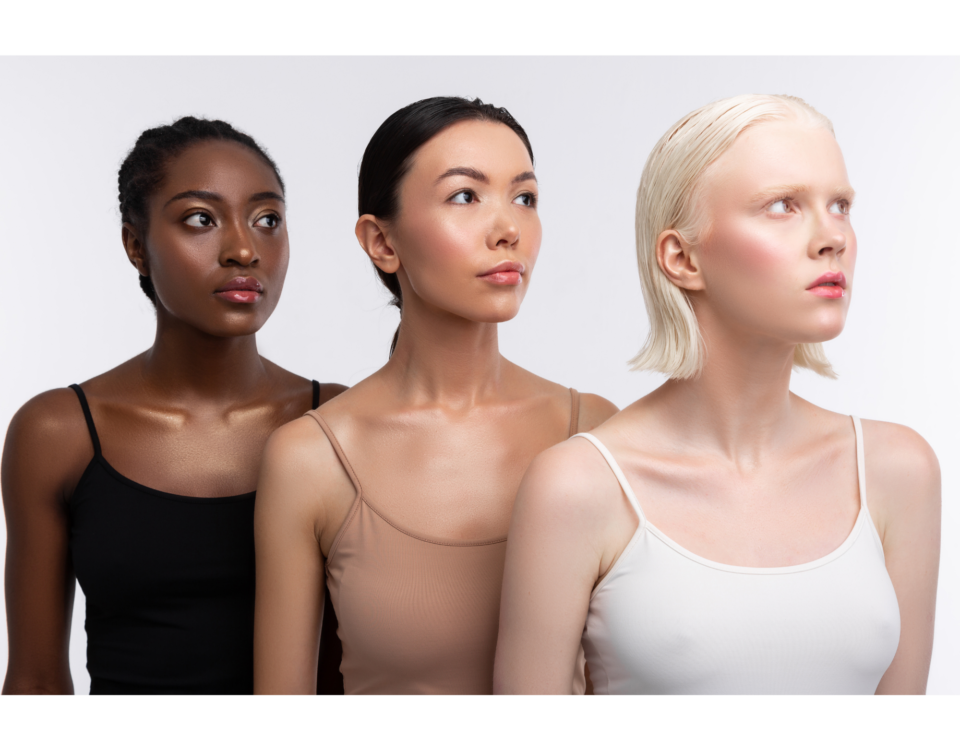REPEAT OFFENDERS:
Ebay, Amazon and Flipkart among websites selling high mercury skin lighteners, according to the Zero Mercury Working Group
271 online products tested from 17 countries: nearly half contained too much mercury
Some products had thousands of times more mercury than legal limit
International coalition of NGOs* urge governments to end online loophole in ‘toxic trade’
Despite being banned, skin lighteners with illegal levels of mercury remain online, with many offered by the same e-commerce platforms where illegal products were previously found in 2019. That’s the finding of new research by the Zero Mercury Working Group, a global NGO coalition working to eliminate mercury uses, releases and exposure.
Around half of the lighteners purchased on eBay, Shopee, Jiji and Flipkartplatforms were found to contain mercury concentrations over 1 ppm, the legal limit established by many governments and the Minamata Convention on Mercury.
“Despite being illegal, our findings show the same high mercury skin lighteners continued to be offered for sale on the internet,” said Michael Bender, Mercury Policy Project Director and ZMWG Co-coordinator. “What’s illegal domestically should be illegal online. E-Commerce must be held to the same standards.”
Between 2017 and 2022, ZMWG conducted 3 separate investigations, each time confirming continued global access to illegal, high mercury skin lightening products.
Most of the products sampled were manufactured in Asia, especially in Pakistan (43%), Thailand (8%), China (6%) and Taiwan (4%), according to their packaging.
Elena Lymberidi-Settimo, Policy Manager at the European Environmental Bureau and co-coordinator of the Zero Mercury Working Group (ZMWG) said: “Mercury is a dangerous neurotoxin which must be effectively controlled. Internet platforms must stop these Illegal products from being sold on their sites…”
Products were tested in an accredited laboratory in the EU, after being screened using X-ray fluorescence (XRF) analyzers in three regional hubs:
- CASE in Côte d’Ivoire (for Africa),
- Ban Toxics in the Philippines (for Asia) and
- In Antigua and Barbuda (for Latin America and the Caribbean.)
Dr. Shahriar Hossein, Secretary General and Senior Technical Advisor, Environment and Social Development Organisation (ESDO) from Bangladesh, member of the Zero Mercury Working Group (ZMWG) said: “These hazardous and illegal products pose a serious mercury exposure risk, especially to repeat users and their children. We welcome the opportunity to work collaboratively with the authorities to stop the toxic trade in high mercury skin lightening creams.”
Mercury is used in skin lighteners as it inhibits melanin and results in a lighter skin tone. The regular use of skin lightening products (SLPs) containing mercury can lead to rashes, skin discoloration and blotching. Long-term exposure may damage the eyes, lungs, kidneys, digestive, immune and nervous systems.
137 countries have committed to the Minamata Convention to phase out and limit mercury, including in cosmetics. A meeting for parties to that convention is being held in Bali later in March to map out steps to curtail additional mercury-added products and processes, and to reduce releases and exposures to mercury.
The Zero Mercury Working Group (ZMWG) is an international coalition of more than 110 public interest environmental and health non-governmental organizations from over 55 countries from around the world formed in 2005 and coordinated by the European Environmental Bureau and the Mercury Policy Project.
*NGO Partners:
- AFRICA- Bio Vision Africa, Uganda; Center for Environment Justice and Development (CEJAD), Kenya; Centre Africain pour la Santé Environnementale (CASE), Cote d’Ivoire; groundWork (gW), South Africa; Sustainable Research and Action for Environmental Development (SRADev), Nigeria
- AMERICAS- Casa Cem, Mexico; Sierra Club & Mercury Policy Project (MPP), United States; Integrated Health Outreach (IHO), Antigua and Barbuda; Toxisphera Environmental Health Association (TEHA), Brazil
- ASIA- BAN Toxics, the Philippines; Center for Public Health and Environment (CEPHED), Nepal; Earth, Thailand; Environment and Social Development Organization (ESDO), Bangladesh; NEXUS3Foundation, Indonesia; Toxics Link, India
- MIDDLE EAST- Environment Friends Society, Bahrain
- EUROPE- European Environmental Bureau (EEB), Belgium
Further Reading
- ZMWG 2022 Report – “Skin Lighteners Still Online Despite Mercury Findings”
- ZMWG 2022 Report – Executive summary.
- ZMWG 2019 Report (Revised March 2022)- “Dangerous, mercury-laden and often illegal skin-lightening products: Readily available for (online) purchase” , Revised March 2022
- ZMWG Report – ”Enforcement measures to restrict high mercury cosmetic products under the Minamata Convention”
All reports above available at https://www.zeromercury.org/mercury-added-skin-lightening-creams-campaign/
